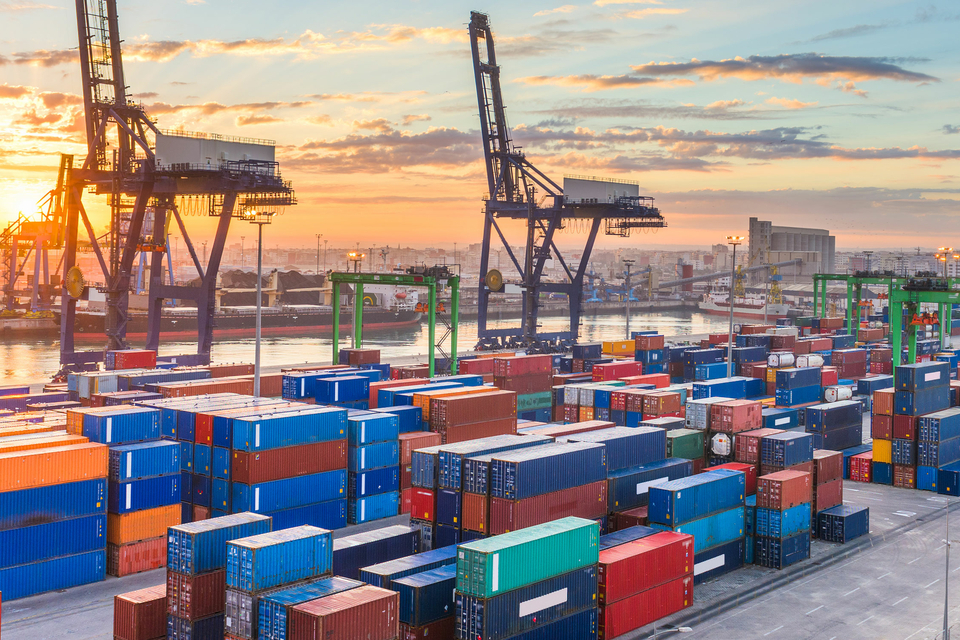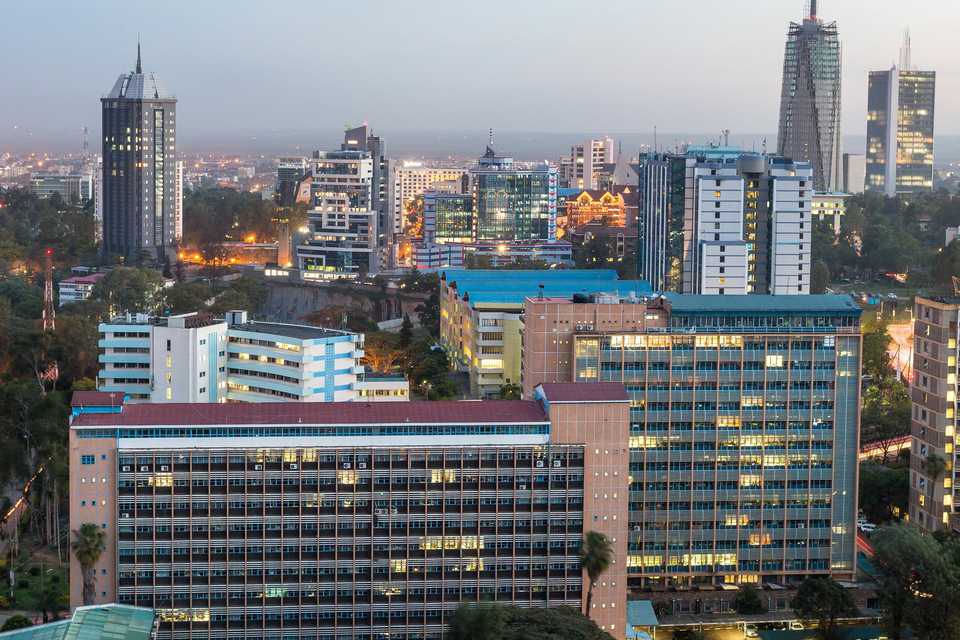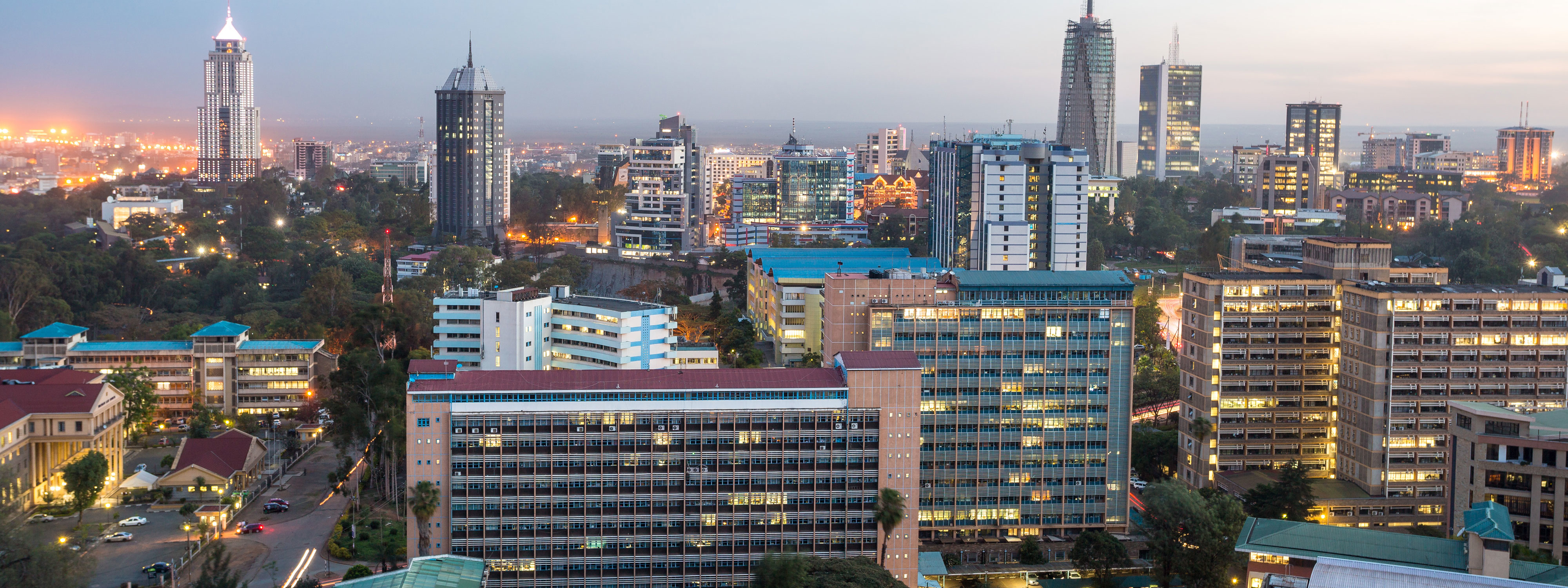Warranties and indemnities insurance take center stage in M&A transactions in Africa
Driven by M&A activity, warranties and indemnities insurance for deals in Africa has grown significantly during the past decade

It is with great pleasure that I present this latest edition of Africa Focus, the inaugural issue under my leadership of White & Case's Africa Practice Group. This edition delves into key topics that are crucial for understanding the evolving landscape of investment in Africa. Our lead article explores the critical role of warranties and indemnities in African mergers and acquisitions (M&A), a topic that is essential for expanding the investor base on the continent. Following this, we provide an insightful analysis of Special Economic Zones (SEZs), highlighting their importance as mechanisms for attracting investment, fostering economic diversification, and enhancing trade. This discussion also touches on the beneficiation of raw materials into finished products before export, a vital step for adding value within African economies. Finally, the third article in this series examines the significant changes underway in competition and antitrust law across Africa. These developments, characterized by a surge in new legislation and shifts in enforcement practices, are reshaping the regulatory environment and creating new dynamics for businesses operating in the region.
Driven by M&A activity, warranties and indemnities insurance for deals in Africa has grown significantly during the past decade

An overview of special economic zones and how African countries can use them to drive economic growth

The competition laws in various African countries have been rapidly evolving, with some countries enacting new laws or proposing revisions while some African leaders are joining forces to develop antitrust policies


The competition laws in various African countries have been rapidly evolving, with some countries enacting new laws or proposing revisions while some African leaders are joining forces to develop antitrust policies
Explore Trendscape Our take on the interconnected global trends that are shaping the business climate for our clients.
Africa is undergoing significant changes in antitrust regimes throughout the continent. The regulatory landscape is shifting rapidly with countries either significantly amending their competition laws or proposing new laws and regulations relating to merger control and anticompetitive conduct, among others. In addition, competition authorities have increased enforcement in a variety of sectors (for example, auto parts, construction, food and beverage, and health care), with a new focus on digital markets.
At the end of 2022 and following years of regulatory advocacy, Egypt amended Law No. 3 of 2005 on the Protection of Competition and Prohibition of Monopolistic Practices (Egyptian Competition Law), transforming Egypt's merger control regime from a post-closing notification system to a premerger review system with suspensory effect. The amendments took effect on June 1, 2024.
Under the new regime, there is a two-phase merger review process. During the initial phase, the merger is reviewed, which can take up to 30 business days. If the transaction raises anticompetitive concerns, there is a second review phase, which can take up to 60 business days. The review periods can be extended if remedies are being considered.
In addition, the Egyptian Competition Authority (ECA) issued new guidelines. These guidelines introduced a fast-track clearance process for transactions that are unlikely to raise competitive concerns if certain conditions are met. The process entails submitting a shorter notification form than under standard procedures and the ECA has 20 business days to issue its decision.
The ECA is expected to enforce the new regime, which provides for potentially steep fines for companies that fail to comply. Given the ECA's track-record of antitrust investigations, which includes 200 to 300 cases in 2023, the ECA will likely apply a similar level of scrutiny in merger control.
Now, Egypt is among the most active merger control regimes globally that has a premerger clearance system. This will likely impact major M&A transactions in the region given the relatively low thresholds for notifications, which are tied to the parties' annual turnover or assets in Egypt.
In December 2023, the Moroccan Competition Council (MCC) issued its first merger control guidelines. One key change is the introduction of a new exemption from the notification obligation for certain transactions. Specifically, a filing is no longer required if the turnover thresholds are met, but the acquired entity lacks any direct or indirect links, either horizontally or vertically, in Morocco.
The guidelines also provided for new procedural options for merger review. The standard procedure provides for an initial review phase of 60 calendar days, which can be followed by a 90-day second phase review if the transaction raises issues. The guidelines introduced an accelerated procedure that allows parties to request a decision from the MCC before the legal deadline if the filing is complete. This request can be approved after a minimum of 21 calendar days (and the payment of filing fees). Also, the MCC offers a simplified filing procedure that applies when there are no horizontal or vertical links among the parties in Morocco. Filings that qualify can be cleared within 30 calendar days.
In addition to the regulatory changes in Morocco, the MCC has been increasing its enforcement efforts during the past two years. For example, in the context of merger control, the MCC issued three gun-jumping fines, of approximately €1 million each, for failing to notify transactions between foreign companies. On the antitrust front, the MCC fined two cartels: the Moroccan Association of Accountants for €280,000 in 2022 and a number of oil companies for €168 million in 2023.
The Common Market for Eastern and Southern Africa (COMESA) is considering several significant changes to its merger control regime. In early 2024, the COMESA Competition Commission (CCC) announced proposed revisions to its Competition and Consumer Protection Regulation (Draft Regulation). It remains unclear when they will be implemented.
Perhaps the most impactful proposed change is the transformation of COMESA's merger control process to a suspensory regime. This means transactions that are filed in COMESA will be required to suspend implementation until they receive CCC clearance to ensure that no actions are taken prematurely, which could have significant impact on deal timelines.
The Draft Regulations will clarify the definition of a "merger," requiring a lasting change of control, and add special thresholds based on transaction values, specifically targeting mergers in digital markets and platforms.
Moreover, when conducting a merger assessment, the CCC will be able to consider public interest grounds, including environmental and innovative considerations, equally alongside traditional competition factors. This reflects a broader consideration of the potential impact on transactions, although the CCC will likely continue to place greater emphasis on the competition test.
Regarding anticompetitive practices, the CCC has proposed several significant changes to the Draft Regulations. For example, the proposed changes will empower the CCC to conduct formal market inquiries, which enables the CCC to gather information, initiate investigations, propose remedies, recommend policy changes, and act based on its findings. This provision's aim is for the CCC to effectively monitor and address market conditions that may hinder competition.
Additionally, the CCC will be authorized to conduct unannounced inspection visits (commonly known as "dawn raids") without obtaining prior warrants. This will allow the CCC to inspect premises, copy documents and interrogate representatives or employees of the entity under investigation when there is a reasonable belief that relevant information is present.
Further, the proposed revisions will create a leniency program that applies to specific prohibited practices and offers a shield against prosecution by national competition authorities for those who cooperate with the CCC's investigation under certain conditions. The CCC's decision on leniency will be binding on the applicant, member state governments and state courts, creating a robust mechanism for encouraging compliance and cooperation in antitrust matters.
Similar to the changes in merger control, the CCC's assessment of anticompetitive agreements will also include public interest factors. These factors include the potential impact on employment, the competitiveness of small and medium-sized enterprises, the ability to compete internationally and environmental sustainability. This approach will allow the CCC to consider the broader implications of business practices, including market dynamics and other societal impacts.
Lastly, the Draft Regulation will authorize the CCC to impose fines of up to ten percent of turnover for various violations and issue interim orders during investigations.
Kenya is also considering changes to its competition laws. The Competition Authority of Kenya (CAK) recently proposed amendments to its Competition Act "to attend to emerging issues in the Kenyan market." The CAK invited stakeholders to participate in a public consultation process to provide their comments and feedback on the proposed amendments in June 2024.
The proposed amendments, in part, will create a new definition for "digital activities," which reflects the growing interest in increasing scrutiny of the digital markets. In addition, certain amendments will change the merger control regime. For example, the amendments make it possible for the CAK to solicit public input on the proposed mergers under review.
In addition to the changes to competition regulations on a national level, we are also seeing an increased collaboration at the regional level in Africa.
The African Continental Free Trade Area (AfCFTA) creates a single market for goods and services among African Union member states and streamlines laws and regulations across the continent. In February 2023, AfCFTA members adopted a "Competition Protocol," which provides a platform for continental cooperation on competition policy. The protocol seeks to promote economic integration and sustainable development in Africa and to manage the inter-relationships among competition regimes across different governance levels. The Competition Protocol is a significant step on the path toward a unified competition law for AfCFTA, which is unlikely to occur in the near future.
Each year, African antitrust leaders attend the annual meeting of the African Heads of Competition Authorities. At the last meeting held in March 2024, the leaders reaffirmed their commitment to the goals they established at previous meetings. They discussed, among other things, the regulation of digital markets in Africa and the need to set up an annual work plan to tackle matters of common interest in this sector. They also talked about creating a "working group to enhance capacity building in digital markets enforcement among African competition authorities" in which members would share a comprehensive collection of cases, studies and enforcement experiences related to digital markets.
In addition to region-wide collaboration efforts, we are seeing a rise in bilateral Memoranda of Understanding (MOUs) that aim to enhance economic cooperation, facilitate cross-border trade and investment, and address competition violations affecting multiple countries. For example, in February 2023, the competition authorities in Egypt and Nigeria entered into an MOU to collaborate on joint investigations, capacity development and information sharing. In May 2023, the competition authorities in Kenya and the East African Community also entered into an MOU to strengthen regional integration and mitigate competition infringements that have cross-border effects. Similarly, COMESA signed an MOU with the Eurasian Economic Commission to facilitate the exchange of non-confidential information related to regional integration, competition policy and antitrust regulation, and to share experiences and best practices in competition case investigations and research.
Antitrust enforcement and new competition regimes are on the rise in Africa. Similar to other regions, there is an increase in regulatory scrutiny of major transactions and business practices in Africa. Several African countries are introducing new competition regimes or are getting more aggressive in enforcing existing rules, making it critical for businesses to seek a coordinated and comprehensive approach to competition law compliance across all relevant jurisdictions. As a result, companies with operations in Africa or those considering investments in the continent should be mindful of the significant changes to these regulatory regimes.
White & Case means the international legal practice comprising White & Case LLP, a New York State registered limited liability partnership, White & Case LLP, a limited liability partnership incorporated under English law and all other affiliated partnerships, companies and entities.
This article is prepared for the general information of interested persons. It is not, and does not attempt to be, comprehensive in nature. Due to the general nature of its content, it should not be regarded as legal advice.
© 2024 White & Case LLP